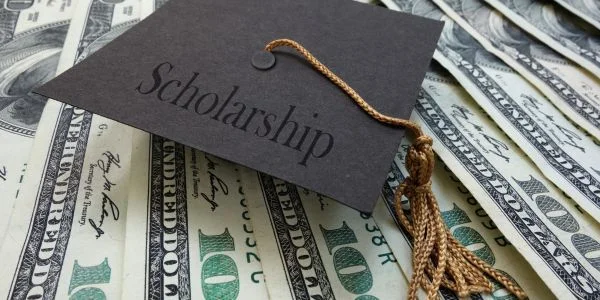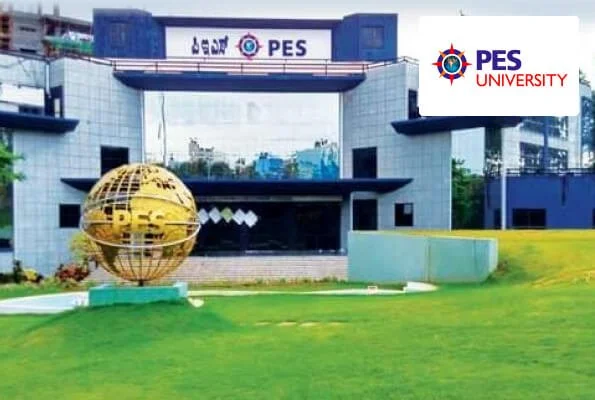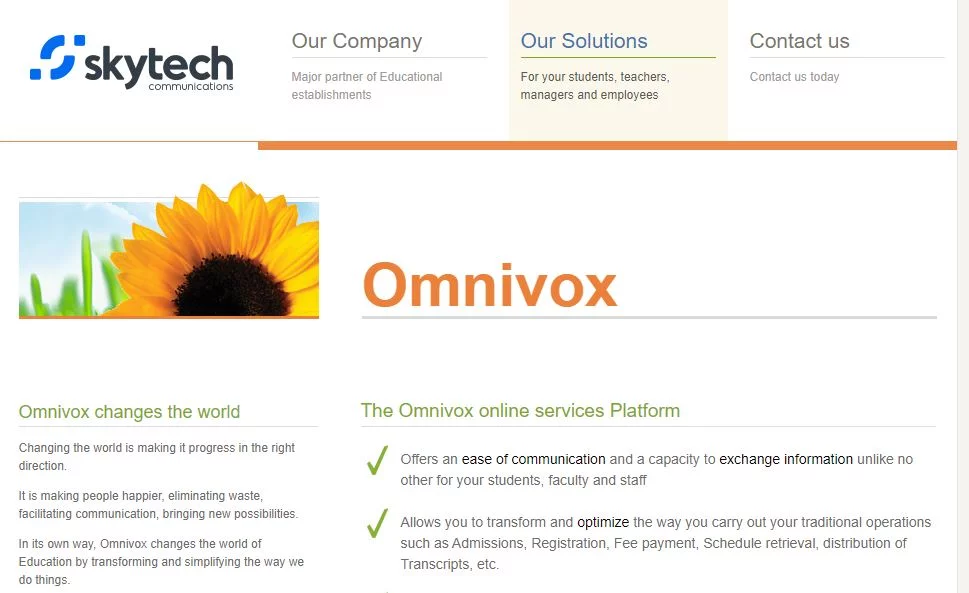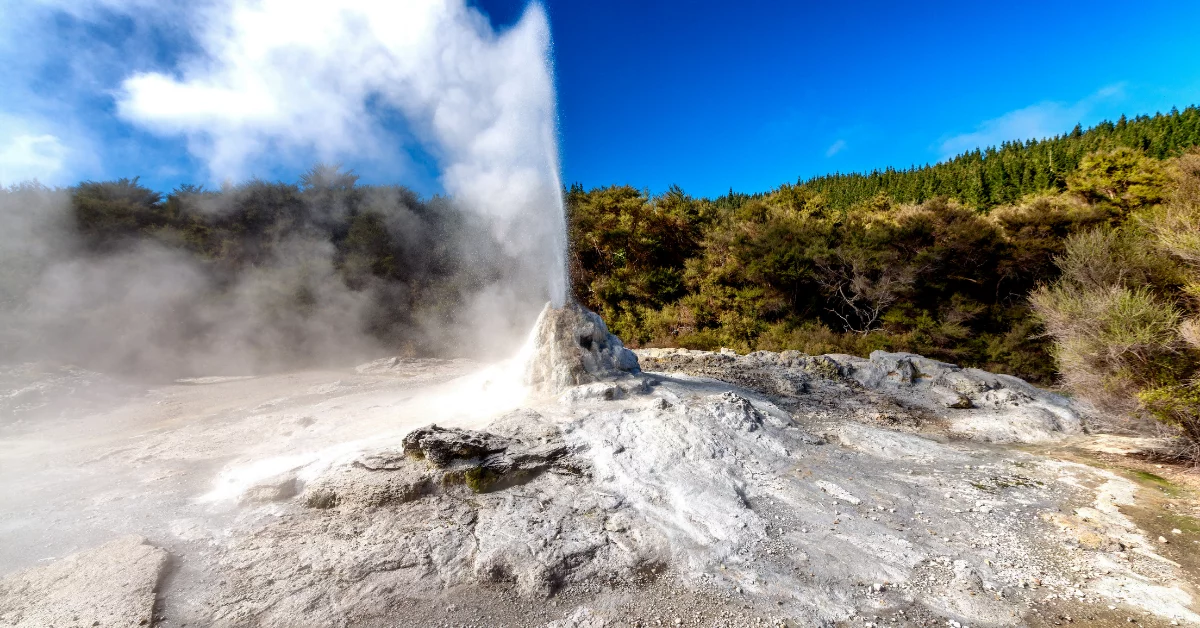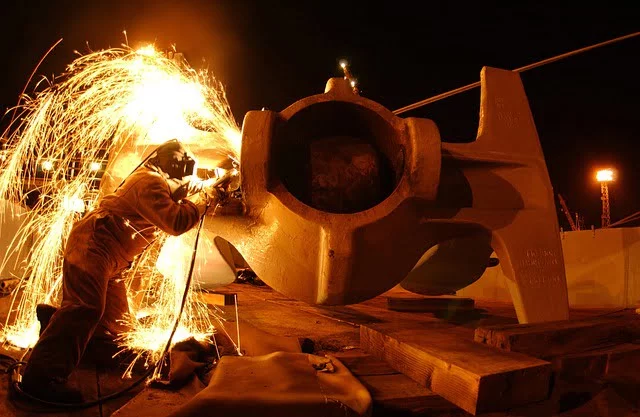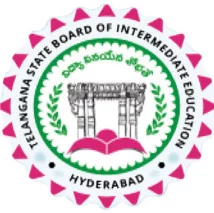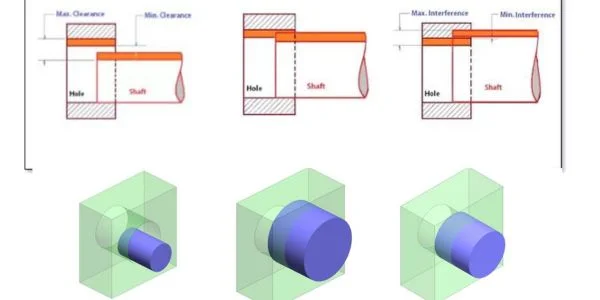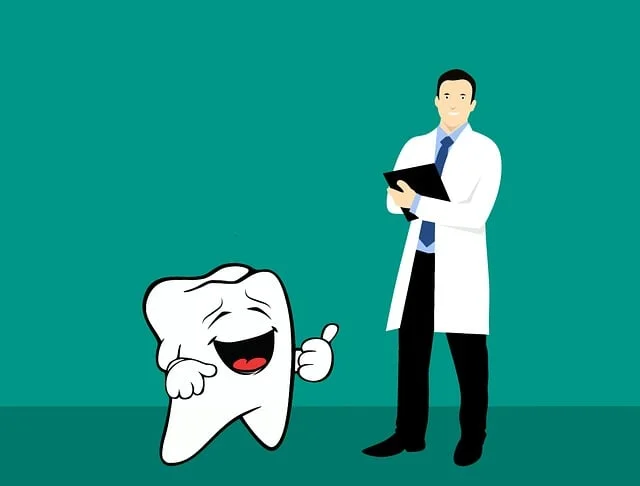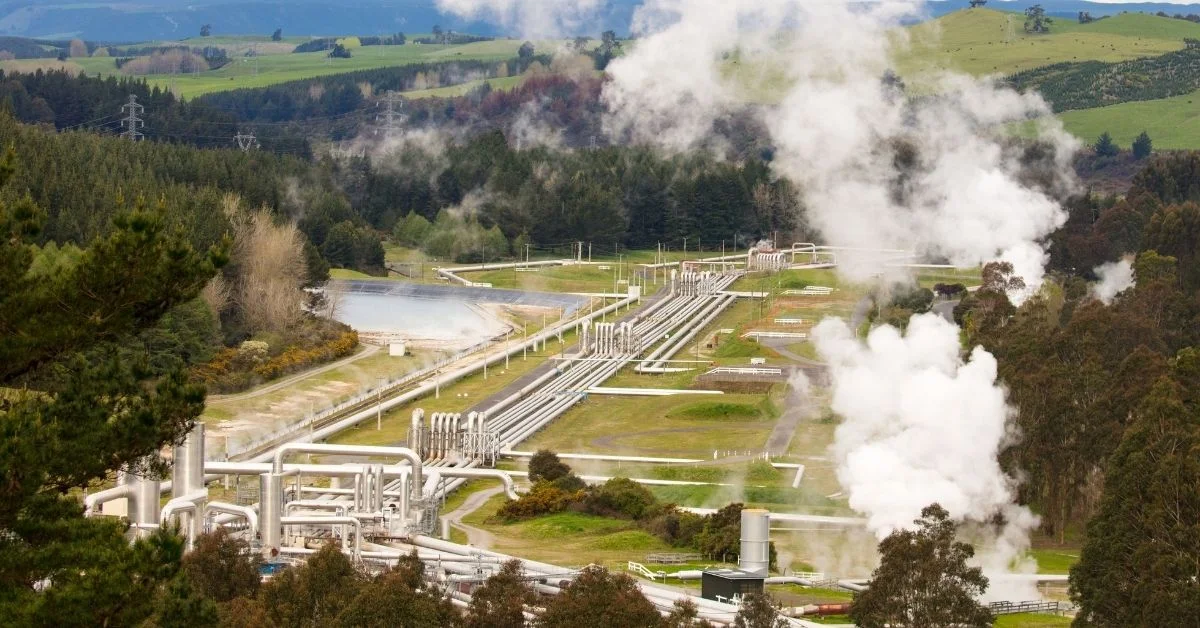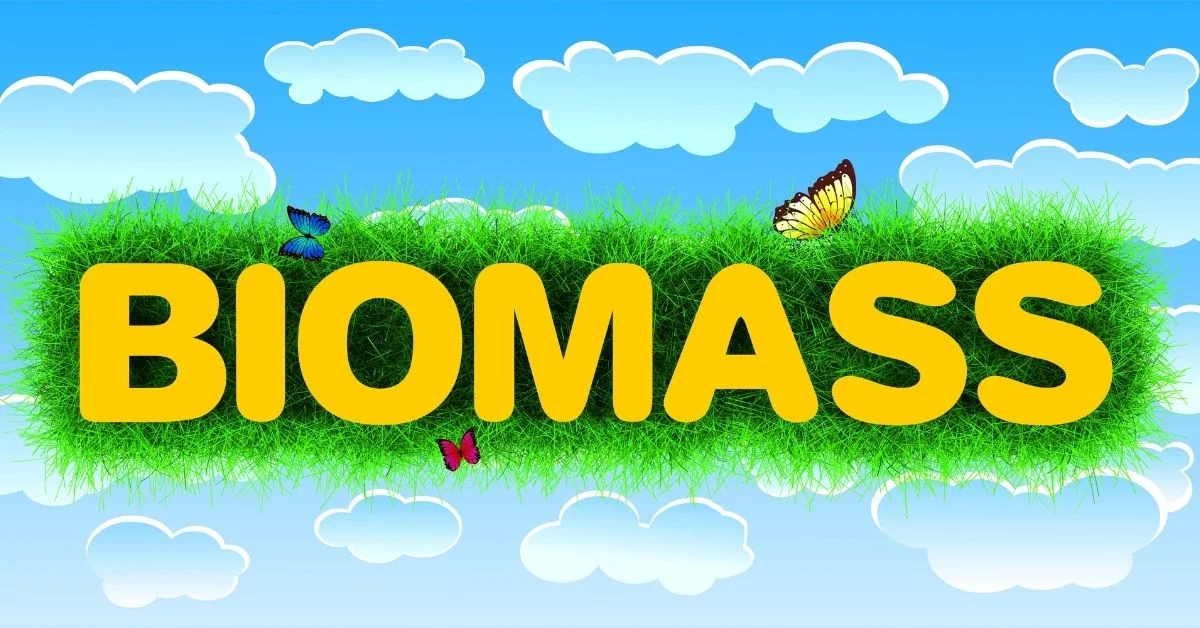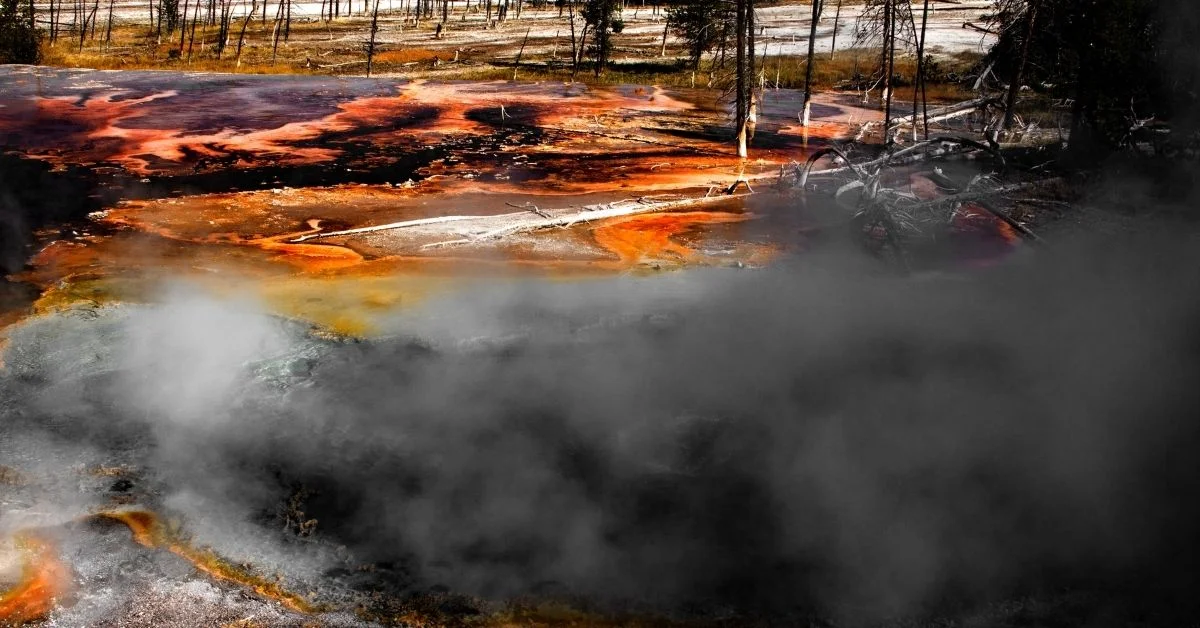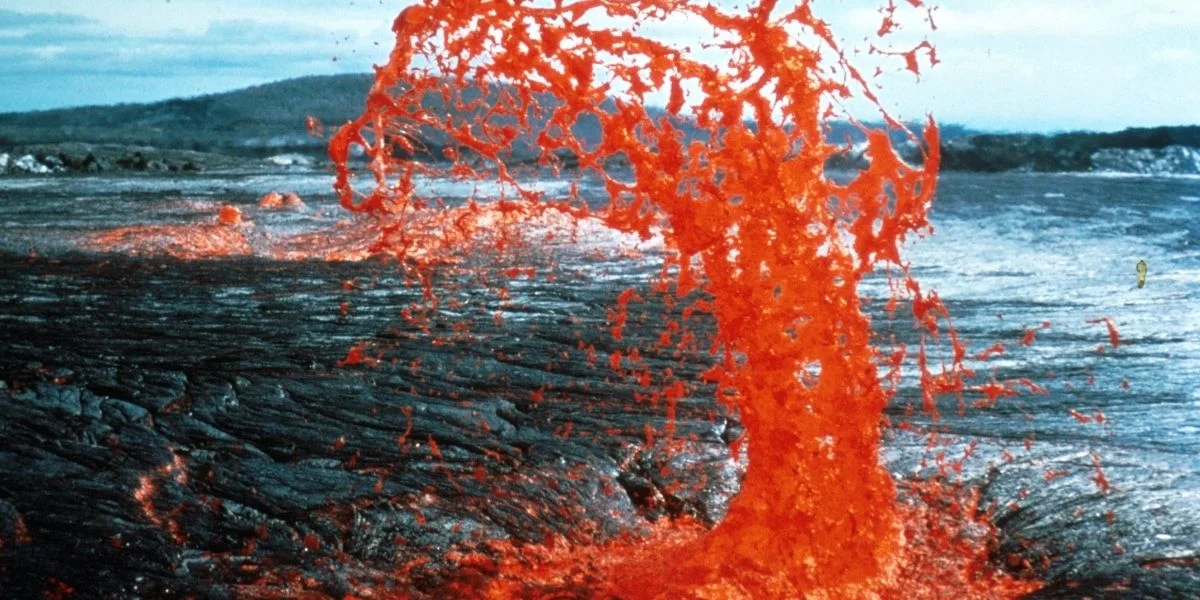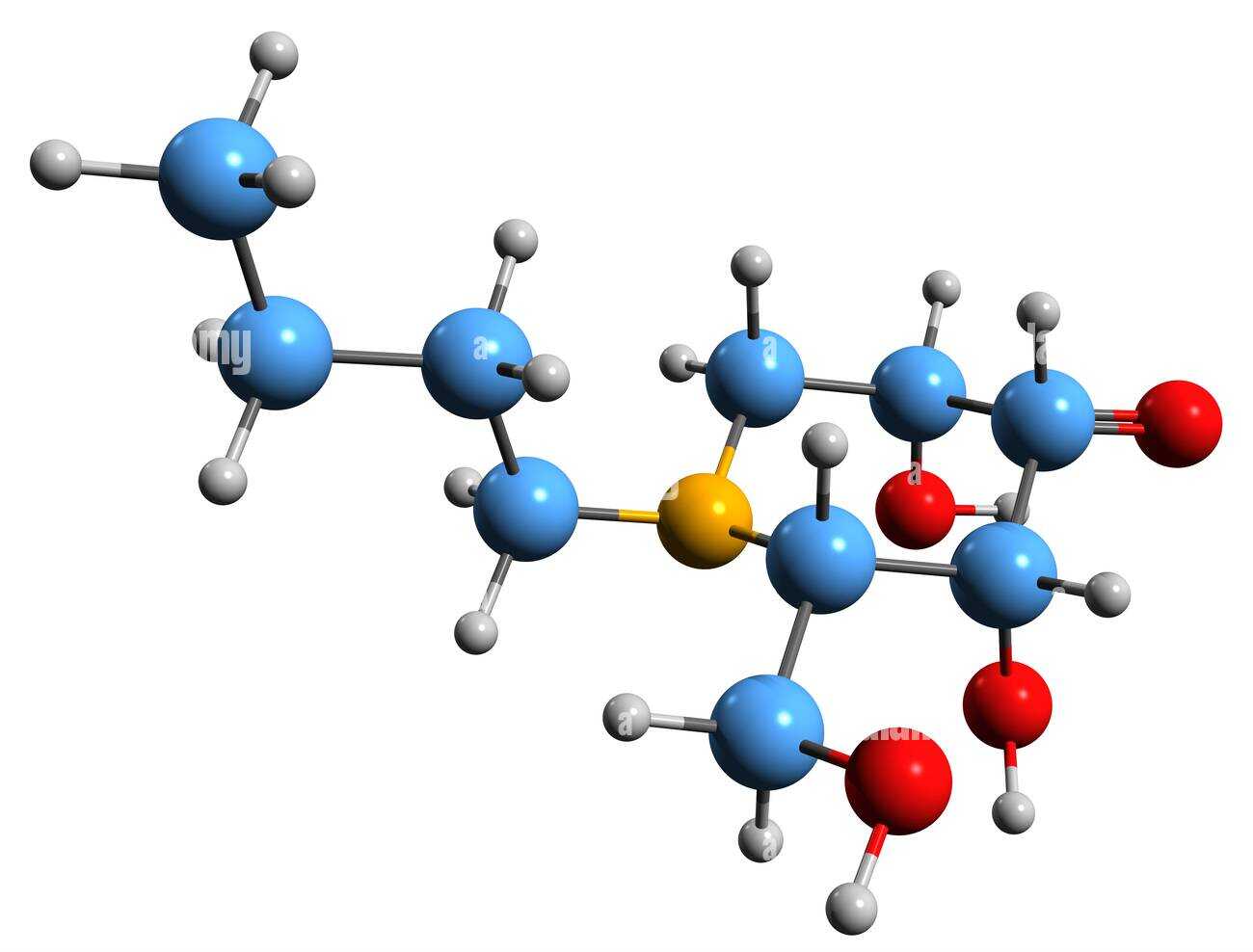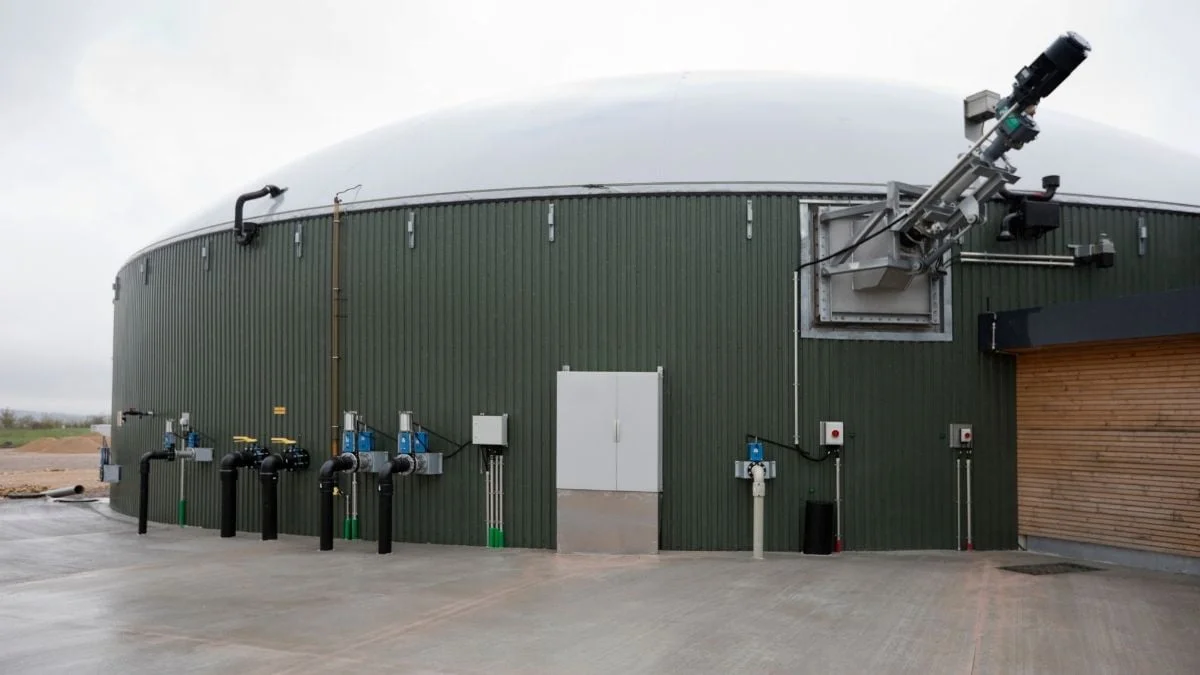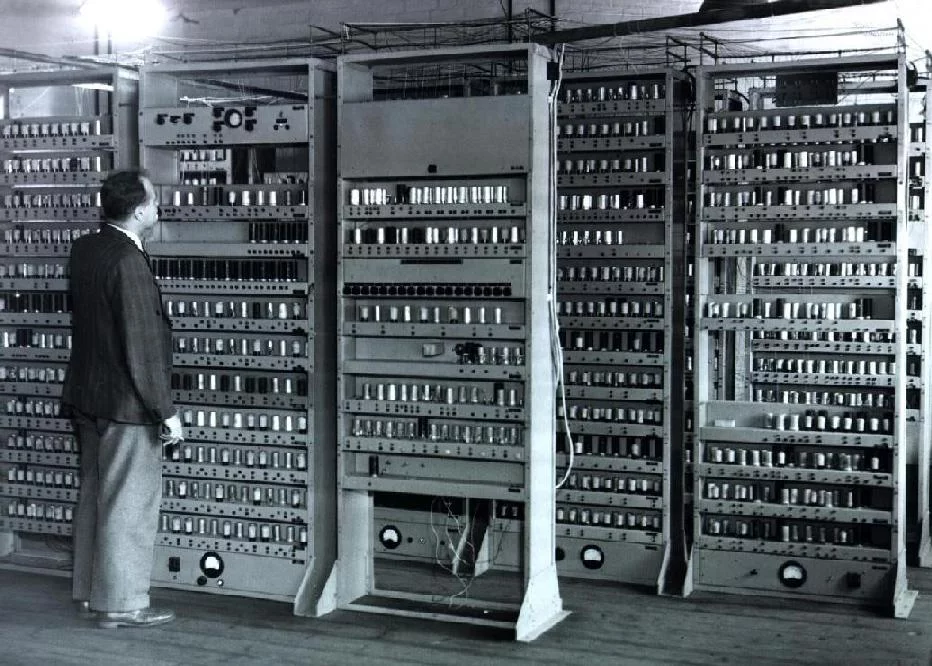Table of Contents
What is BDS Course?
BDS stands for Bachelor of Dental Surgery. It is an undergraduate professional degree program in dentistry that is awarded after the completion of a three to five-year course of study in an accredited dental school.
The curriculum includes instruction in dental anatomy, physiology, histology, biochemistry, pharmacology, pathology, radiology, and oral surgery. The student is also taught clinical skills such as dental restoration, prosthodontics, endodontics, orthodontics, and periodontics.
The curriculum also includes instruction in the use of dental materials, preventive dentistry, and patient education. A BDS degree is essential for those wishing to practice dentistry in India. The degree is a prerequisite for licensure in the country.
After completion of the BDS degree, the student must pass an examination conducted by the Dental Council of India (DCI). The DCI is responsible for regulating the practice of dentistry in India. After obtaining the license, the BDS holder is eligible to practice dentistry in India.
The BDS degree is also recognized in many other countries around the world. In the United States, BDS holders may apply to take the National Board Dental Examination (NBDE) which is administered by the American Dental Association (ADA).
The NBDE is a two-part examination that tests the knowledge and skills of the dental practitioner. Successful completion of the examination qualifies the BDS holder to practice dentistry in the United States. The BDS degree is also recognized in many other countries around the world.
In the United Kingdom, BDS holders may apply to take the Royal College of Surgeons (RCS) Examination which is administered by the Royal College of Surgeons of England (RCSE).
This examination tests the knowledge and skills of the dental practitioner and once successfully completed, the BDS holder is licensed to practice dentistry in the United Kingdom. BDS is a highly specialized degree and requires a great deal of dedication and hard work to complete.
It is important that students considering a BDS degree take the time to research the various dental schools and programs available. In addition, it is important to understand the licensing requirements and the examination process in order to ensure that the degree will be accepted everywhere.
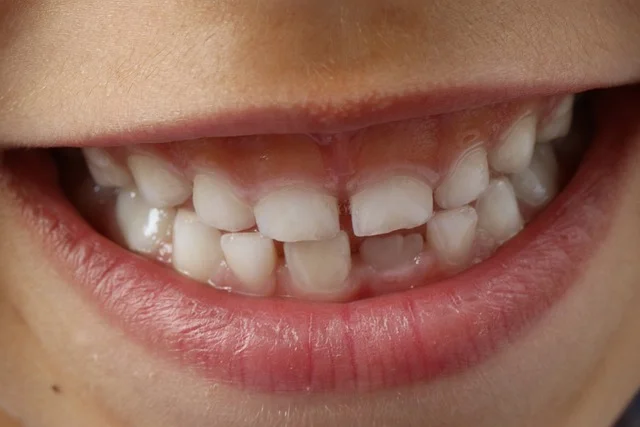
The Top 10 Colleges for BDS in Maharashtra:
Here is the list of the top 10 colleges for BDS in Maharashtra:
1. D.Y Patil dental college and Hospital Pune: The D.Y Patil dental college and Hospital is located in Pune. Established in 2004. It is affiliated with D.Y Patil University and recognized by the Dental Council of India. The college offers a Bachelor of Dental Surgery (BDS) degree and a Master of Dental Surgery (MDS) degree in various specialties.
2. K.J. Somaiya Medical College and Research Centre, Mumbai: The K.J. Somaiya Medical College and Research Centre are one of the most sought-after institutions for medical and dental education in India. It is ranked among the top 10 BDS colleges in Maharashtra and provides excellent training and facilities to its students.
3. Bharati Vidyapeeth Dental College and Hospital, Pune: The Bharati Vidyapeeth Dental College and Hospital are one of the oldest and most reputed institutions in India offering quality dental education. It has one of the best dental departments in the country and is one of the top 10 BDS colleges in Maharashtra.
4. Nair Hospital Dental College, Mumbai: Established in 1966, the Nair Hospital Dental College is one of the oldest and most reputed institutions for dental education in India. It offers quality training and is one of the top 10 BDS colleges in Maharashtra.
5. Mumbai Educational Trust, Mumbai: The Mumbai Educational Trust is one of the oldest and most reputed institutions in India, offering quality dental education. It has a long history of providing quality training and is one of the top 10 BDS colleges in Maharashtra.
6. Terna Dental College, Navi Mumbai: Established in 1994, Terna Dental College is one of the most sought-after institutions for medical and dental education in India. It offers quality training and is one of the top 10 BDS colleges in Maharashtra.
7. Government Dental College and Hospital, Mumbai: The Government Dental College and Hospital is one of the oldest and most reputed institutions in India offering quality dental education. It has a long history of providing quality training and is one of the top 10 BDS colleges in Maharashtra.
8. Mahatma Gandhi Mission Dental College and Hospital, Mumbai: Established in 1997, the Mahatma Gandhi Mission Dental College and Hospital is a premier institution for medical and dental education in India. It is one of the top 10 BDS colleges in Maharashtra and has a good track record of providing quality education.
9. Vasantdada Patil Dental College and Hospital, Mumbai: The Vasantdada Patil Dental College and Hospital is one of India’s oldest and most reputed institutions, offering quality dental education. It has a long history of providing quality training and is one of the top 10 BDS colleges in Maharashtra.
10. Government Dental College and Hospital, Aurangabad: The Government Dental College and Hospital is one of India’s oldest and most reputed institutions, offering quality dental education. It has a long history of providing quality training and is one of the top 10 BDS colleges in Maharashtra.
The cut-off marks for BDS Course:
The Cut off for Bachelor of Dental Surgery (BDS) is the minimum mark set by the participating colleges/universities for admission to the BDS program. The cut-off marks are determined on the basis of the number of seats available, the number of applicants, the difficulty level of the examination, and the performance of the applicants.
Candidates who score higher than the cut-off marks in the entrance exam are then eligible for admission. The cut-off marks are usually published on the official website of the college/university or on the notice boards of the college/university. The cut-off marks for BDS also vary from college to college and state to state.
Some states have their own entrance exam for BDS, and the cut-off marks are based on the difficulty level of the entrance exam. Candidates must remember that the cut-off marks are only the minimum marks required to be eligible for admission.
The fee structure for BDS in Maharashtra:
The fee structure for a Bachelor of Dental Surgery (BDS) in the state of Maharashtra varies greatly from college to college. Generally, the tuition fee for a BDS course in Maharashtra ranges from ₹1.5 lakhs to ₹2.5 lakhs per year.
The other fees that a student has to pay include admission fees, examination fees, library fees, laboratory fees, hostel fees, and other miscellaneous charges. These fees also vary from college to college.
The government and private colleges in Maharashtra also offer scholarships and financial aid to students who cannot afford the tuition fees. The students can also avail of educational loans from banks to pay tuition fees.
To sum up, the fee structure for a BDS course in Maharashtra is quite expensive. However, there are various options available to students to pay the fees. Scholarships, financial aid, and educational loans are some of the options that can be availed by students.
The subjects for the BDS Course:
Bachelor of Dental Surgery (BDS) is a four-year graduate program that provides comprehensive training in the field of dentistry. The primary aim of this program is to equip students with the knowledge, skills, and attitudes to provide dental health care to the public in a safe and ethical manner.
The BDS course is offered at both undergraduate and postgraduate levels. At the undergraduate level, the BDS program covers all aspects of dental science, including anatomy, physiology, pathology, pharmacology, radiology, prosthodontics, periodontology, orthodontics, and preventive dentistry.
The program also includes clinical training and research work. At the postgraduate level, the BDS program includes advanced clinical training in various subspecialties such as endodontics, oral and maxillofacial surgery, pedodontics, and periodontics. The program also includes research work and dissertations.
The subjects covered in the BDS program include:
Anatomy: This subject deals with the study of the structures of the human body. It includes topics such as the gross anatomy of the head and neck, dental anatomy, embryology, histology, and neuroanatomy.
Physiology: This subject deals with the study of the normal functioning of the human body. It includes topics such as the physiology of the cardiovascular, digestive, endocrine, integumentary, musculoskeletal, and nervous systems.
Pathology: This subject deals with the study of diseases and their causes. It includes topics such as general pathology, oral pathology, microbiology, and immunology.
Biochemistry: This subject deals with the study of chemical processes in the body. It includes topics such as metabolism, nutrition, hormones, and enzymes.
Pharmacology: This subject deals with the study of drugs and their effects on the body. It includes topics such as pharmacodynamics, pharmacokinetics, drug interactions, and toxicology.
Dental Materials: This subject deals with the study of materials used for making dentures, crowns, bridges, and other dental prostheses. It includes topics such as dental alloys, ceramics, composites, and polymers.
Clinical Dentistry: This subject deals with the study of the clinical aspects of dentistry. It includes topics such as clinical examination and diagnosis, preventive dentistry, restorative dentistry, endodontics, periodontics, and prosthodontics.
Public Health Dentistry: This subject deals with the promotion of oral health through preventive measures. It includes topics such as epidemiology, health promotion and education, community service, and health policy.
Apart from the above subjects, the BDS program also includes subjects such as research methods, ethics, and communication. The students also have to complete a dissertation in order to graduate from the program.
The course duration of BDS:
The duration of a Bachelor of Dental Science (BDS) course is typically 5 years. The course duration may vary depending on the university or college.
The first year of the BDS course comprises pre-clinical and theoretical studies, which include Human Anatomy, Physiology, Biochemistry, Dental Anatomy, and Dental Materials.
The second year focuses on clinical studies, such as Oral Pathology and Microbiology, Oral Surgery, Oral Medicine, Orthodontics, and Prosthodontics.
The third and fourth years involve more clinical work, such as Periodontology, Endodontics, Pedodontics, Community Dentistry, Preventive Dentistry, and Oral Implantology.
The fifth year of the BDS course is dedicated to clinical training, where the student must complete a one-year internship program. During the internship, the student is expected to complete clinical rotations in various departments, such as Oral Surgery, Orthodontics, and Prosthodontics.
After the successful completion of the fifth year, the student is eligible to register as a dental practitioner and practice dentistry.
The salary and government jobs for BDS:
The salary for BDS professionals depends on their experience and the state where they work. Generally, the average starting salary for BDS professionals ranges from Rs. 25,000 to Rs. 30,000 per month. With experience, this figure can increase significantly to Rs. 50,000 per month or more.
The salary of BDS professionals working in government jobs may vary depending on the state they are employed in. Generally, the salary of government BDS professionals ranges from Rs. 35,000 to Rs. 45,000 per month.
The salary also depends on the job’s grade and the post’s seniority. There are a variety of government jobs available for BDS professionals. These include jobs in public health, dental public health, dental research, dental education, and hospital administration.
The job roles may include providing dental care to patients, conducting research, teaching dental students, and managing the hospital. The government also provides several schemes that provide financial assistance to BDS professionals.
These schemes include scholarships, loan schemes, and grants for research and development. The government also provides various facilities, such as free dental check-ups and health insurance schemes, to help BDS professionals with their medical expenses.
In conclusion, the salary and government jobs for BDS professionals vary depending on their qualifications, experience, and the state where they work. The government also provides schemes and facilities to help BDS professionals with medical expenses.
FAQ
What does BDS stand for, and what is a BDS course?
BDS stands for Bachelor of Dental Surgery. It is an undergraduate professional degree program in the field of dentistry. The BDS course is designed to educate and train students to become dental professionals capable of diagnosing and treating various oral health issues.
What is the duration of the BDS course?
The BDS course typically spans five years, including both theoretical and practical training. The curriculum covers various aspects of dentistry, including dental anatomy, oral pathology, oral surgery, periodontics, prosthodontics, orthodontics, and more.
What are the eligibility criteria for admission to the BDS course?
Eligibility criteria may vary depending on the country and institution. However, in general, candidates must have completed their higher secondary education (12th grade) in the science stream with subjects like Physics, Chemistry, and Biology. They are also required to qualify for a relevant entrance examination.
How is the BDS course structured?
The BDS course is divided into four academic years, with each year focusing on specific dental disciplines and clinical training. The final year usually involves a mandatory internship in a dental hospital or clinic to gain practical experience.
What are the career options after completing a BDS course?
After completing the BDS course and obtaining the necessary certifications and licenses, graduates can work as general dentists in private or public dental clinics, or hospitals, or start their own private practice. Some may choose to pursue further specialization through postgraduate courses like MDS (Master of Dental Surgery).
Is the BDS course recognized internationally?
Yes, the BDS degree is recognized internationally. However, to practice dentistry in a different country, graduates may need to fulfill specific licensing requirements and pass relevant exams.
What are the key skills developed during the BDS course?
During the BDS course, students develop a wide range of skills, including clinical proficiency, critical thinking, communication, problem-solving, and patient management. They also gain expertise in using various dental tools and technologies.
Can you study BDS online, or is it only available in traditional classroom settings?
While certain theoretical aspects of the BDS course can be taught online, the practical training and clinical experience are usually conducted in physical dental colleges or affiliated hospitals. Hands-on experience is crucial in dentistry, and it is challenging to replicate the same level of training in an entirely online format.
Are there any specializations within the BDS course itself?
Within the BDS course, there are no formal specializations. However, during the final year or after completing BDS, students can pursue postgraduate studies (MDS) in various specialized fields of dentistry, such as Endodontics, Periodontics, Oral and Maxillofacial Surgery, Orthodontics, etc.
How does the BDS course differ from the DDS (Doctor of Dental Surgery) program?
The BDS and DDS courses are similar in content and aim to produce dental professionals. The main difference lies in the nomenclature and the regions where they are offered. BDS is commonly awarded in countries like India, the UK, and many Commonwealth nations, while DDS is more prevalent in the United States. The curriculum and training in both programs are comparable, and graduates are qualified to practice dentistry.
Also Read, 11th Admission


